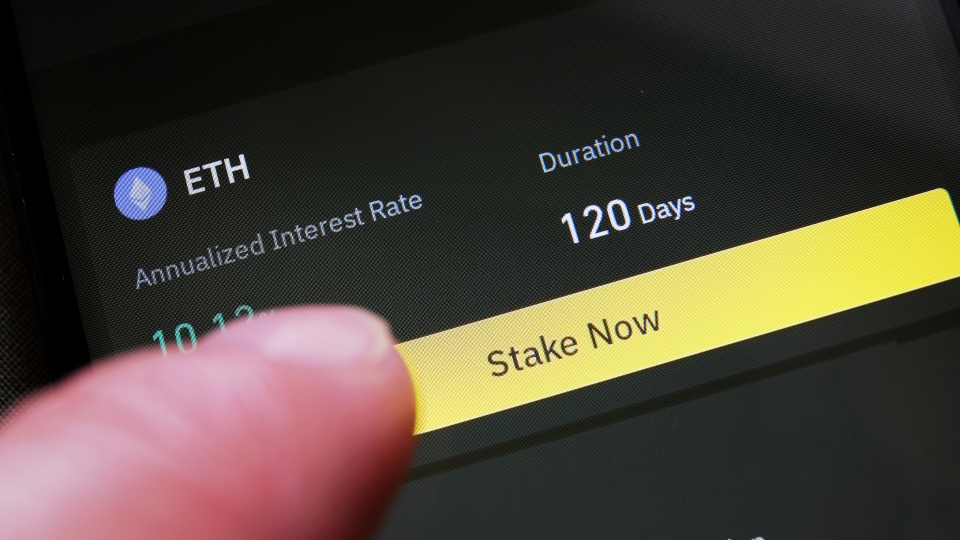Ethereum recently implemented its Shanghai/Shapella upgrade, which has been ground-breaking for its investors. How is this affecting staking?
Successful upgrade but price decreases
This incredibly important upgrade, implemented more than a month ago, permits ETH stakers to withdraw locked-up coins and contribute to increasing liquidity on Ethereum’s network. The newfound liquidity also acts as a catalyst for encouraging developers’ creativity resulting from new opportunities that diversified solutions provide.
However, not all is rosy as Ether’s value decreased by 14% within one month despite it being up by over half since January this year; market analysts attribute these fluctuations to investor sentiment surrounding potential economic fallout from recession risks and worries over the US banking crisis.
Staking activity surpasses expectations
Staking activity has surpassed expectations. According to BeaconScan, more than 18.5 million ether coins are now staked; there are also roughly 702,000 validators participating on the network earning average yields of approximately 5.5%. Consequently, through increased fees on its network, stakeholders are benefiting from higher yields, which are currently at their peak within the last year.
The value of staked ether has grown significantly, whereas the overall supply has drastically decreased. This trend has compelled numerous investors to consider staking ETH as a worthy rival to U.S. Treasury bills as it offers an equivalent yield of 5% with a shorter duration of less than 30 days.
While there was initially a backlog in withdrawing ether, the waiting time has now reached zero days, and entering the staking queue entails waiting for only 30 days. This development outperformed expectations from a month ago.
While Ethereum’s fees have risen steeply, staked Ether has also grown significantly, translating into higher returns for investors. Furthermore, Shapella’s introduction has facilitated a remarkable increase in new depositors on the network. There has been an approximately 8% growth in unique depositors since April 12th as more individuals show willingness to lock up their funds for a return while keeping withdrawal options open.
Disclaimer: This article is provided for informational purposes only. It is not offered or intended to be used as legal, tax, investment, financial, or other advice.
Credit: Source link
































